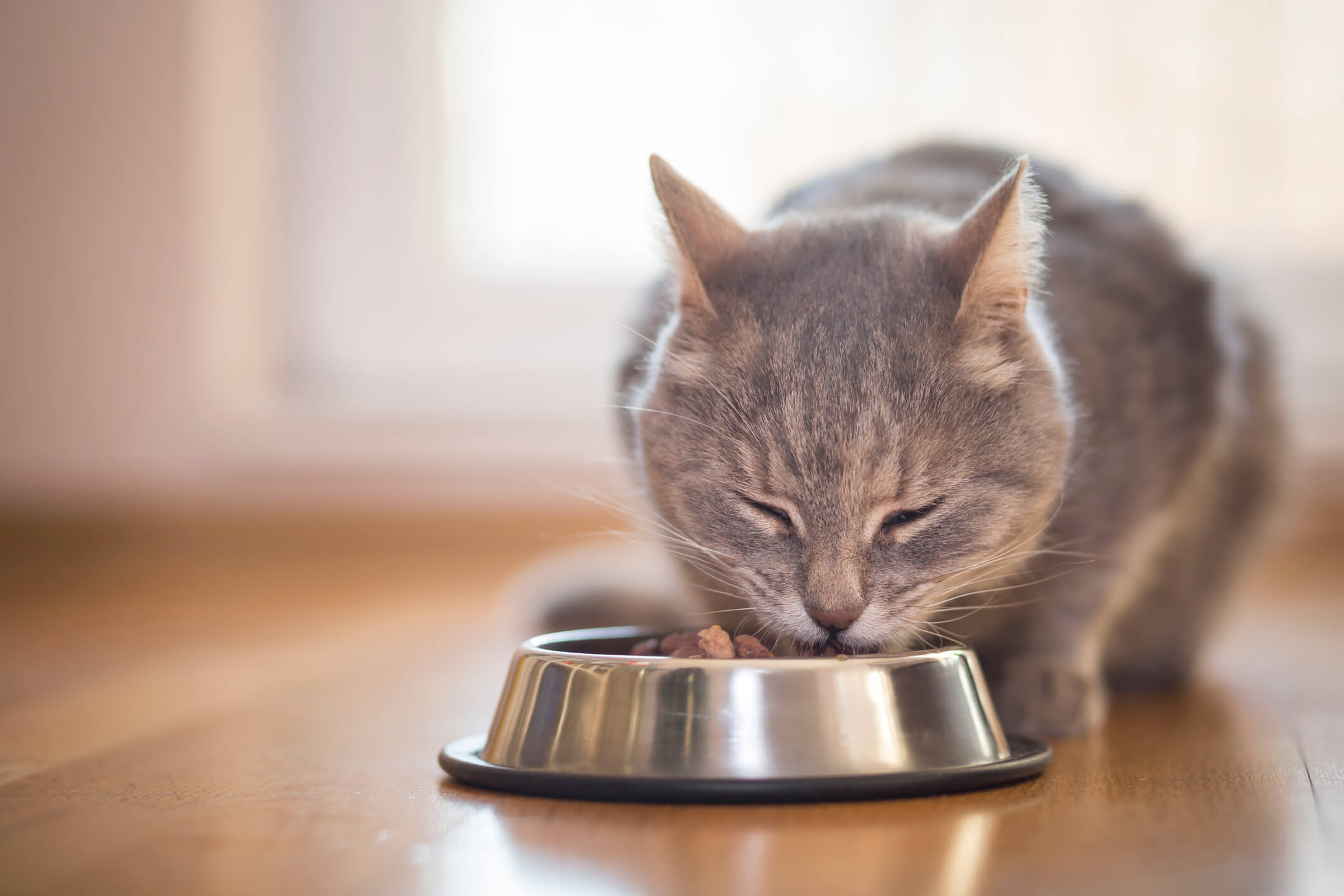
Discover How a Senior Cat Can Overcome Feline Cancer
“Cancer” is the last word pet parents want to hear from a vet. Prognosis is usually poor, especially among senior cats suffering from other medical problems. If your senior cat is diagnosed with cancer, you may think all hope is lost.
But don’t give up yet! With the right treatment plan, senior kitties can bounce back from their run-in with cancer. Here are some tools to help your senior cat overcome feline cancer.
Supplements that fight feline cancer
When a cat is diagnosed with cancer, vets usually recommend conventional treatments like radiation, surgery and chemotherapy. While these cancer treatments are highly effective, they cost thousands of dollars and can have negative side effects. This can severely hamper your cat’s overall health and quality of life. If you go the conventional route, support your cat’s recovery with holistic medicine such as herbal supplements.
There are vet-approved supplements specifically designed for battling feline cancer. Many contain medicinal mushrooms with powerful antioxidant properties. Turkey Tail, Maitake and Reishi may reduce the oxidative damage that mutates normal cells into cancerous tumors. These mushrooms also contain polysaccharides that activate natural killer cells, which are essential for stopping abnormal cell growth.
Besides fighting cancer itself, natural supplements boost recovery after a round of radiation or chemotherapy. Conventional treatments fill the body with harsh chemicals, and certain herbs can optimize your cat’s natural detoxification processes. Ginger, Blessed Thistle, Burdock root and Slippery Elm bark flush out toxins to reduce organ stress and boost healthy cell regeneration.
Nutrients in your senior cat’s diet
Supplements alone won’t bring your senior cat into remission. A healthy diet is the foundation of every cancer treatment plan. Incorporate these nutrients into your cat’s daily meals to help their body fight cancer.
- Antioxidants: Antioxidants are the most important nutrients for battling feline cancer. They neutralize free radicals, which are unstable molecules that cause oxidative damage. Common antioxidants include vitamins A, C and E. Antioxidants are best derived from natural food sources like broccoli, carrots, sweet potato and dark leafy greens. You can top the cat’s regular food with a small amount of these cooked vegetables.
- Omega-3 fatty acids: These essential fatty acids are found in salmon, tuna and other cold-water fish. They fight chronic low-grade inflammation, which is a contributing factor in feline cancer. Omega-3 fatty acids protect healthy cells from oxidative damage by repairing cellular membranes. While essential fats are certainly no cure, they can limit the spread of cancerous cells. Omega-3 fatty acids are available in fish oil and supplements.
- Less carbs, more fat: Some commercial pet foods contain fillers that are high in carbohydrates. Whether they have cancer or not, no cat should be fed a high-carb diet. The body breaks down carbohydrates into glucose, which is the main energy source for cancer cells. Besides, cats aren’t designed to burn glucose for energy. Stick to a low-carb diet with moderate protein and high fat content. Sick cats need additional fat to counteract the excessive weight loss associated with cancer.

Lifestyle habits that support recovery
In addition to supplements and a healthy diet, some lifestyle changes may improve your senior cat’s chances of going into remission. The following habits are part of a holistic approach to feline cancer.
- Acupuncture for cats: Acupuncture is praised for its ability to relieve chronic pain in cancer patients. It does so by targeting specific nerves that flood the body with feel-good chemicals. Acupuncture supports immunocompromised kitties by stimulating the immune system. The practice also helps organs flush out toxic substances. Speak with a holistic veterinarian to discuss acupuncture treatment options.
- Minimal vaccinations: Vaccinations protect cats from deadly viral infections. Unfortunately, they also create toxic overload that can overwhelm the liver. They’re made with chemicals that are difficult for a cat’s body to process. Vaccinations cause the immune system to produce antibodies—too much of which can lead to chronic inflammation. Reduce the number of toxins in your cat’s body by scheduling only the vaccines they need, when they need them.
- Stress-free environment: Helping your cat relax isn’t going to cure their cancer. However, a stressful environment certainly isn’t helping, either! Stress weakens the immune system, making it harder to fight off invasive cancer cells. Identify and eliminate sources of stress in your senior cat’s environment to support their overall health.
There’s no guarantee that any treatment, whether holistic or conventional, will help your senior cat win their battle against cancer. While feline cancer is often fatal, a healthy diet and lifestyle can give senior cats a second chance at life. At the very least, holistic treatment will make your kitty more comfortable and give them more days with you.


